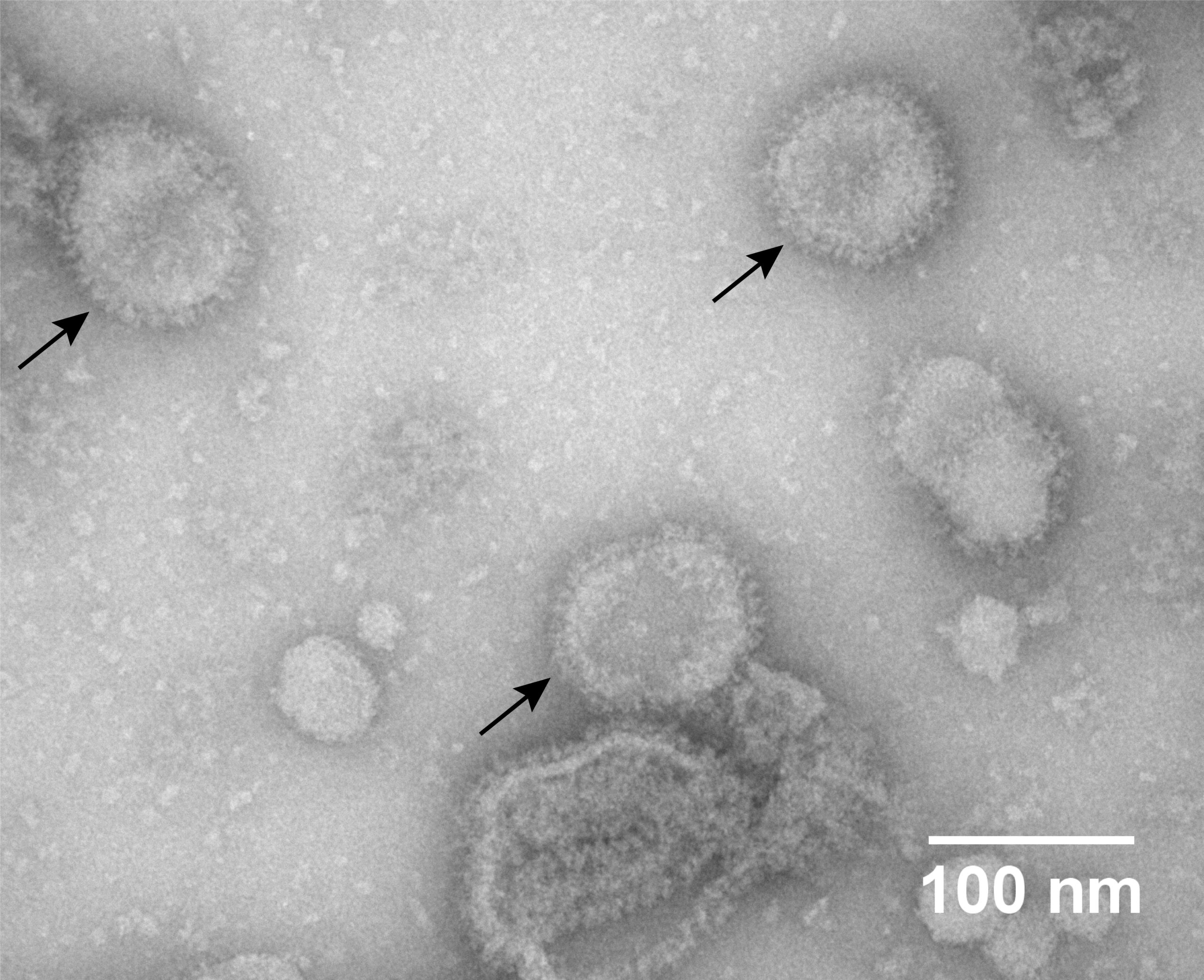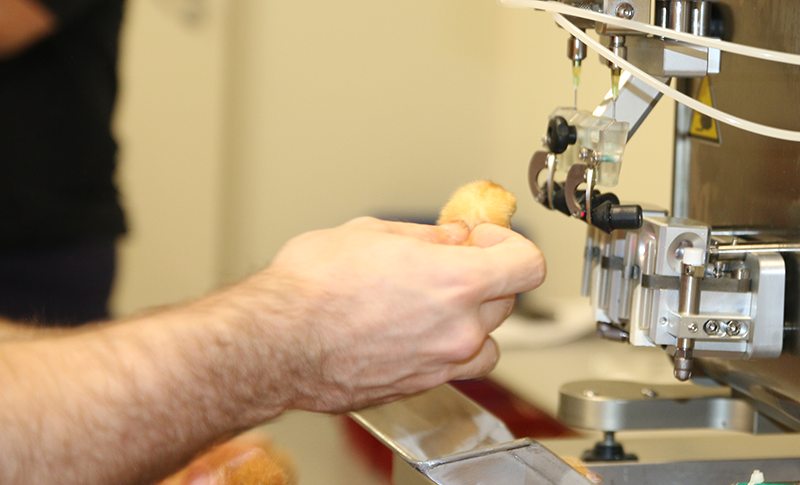Virologist Sandra Abbo conducted her PhD research on vaccines against the Zika virus and the Mayaro virus, two emerging diseases in the tropics. Both viruses are transmitted by mosquitoes. The Mayaro vaccine is ready to be developed further for application in humans. Abbo obtained her PhD with honours.
A fact that is easily forgotten in the aftermath of the covid pandemic is the outbreak of the Zika virus in mainly Latin American countries in 2015 and 2016, which caused global upheaval. Infection with the virus is particularly hazardous for pregnant women, as it can lead to severe microcephaly (reduced skull and brain size) in children. In adults, the virus can cause the Guillain-Barré syndrome (muscle atrophy, paralysis and numbness). The infection numbers have dropped considerably since then, but the virus is still present in the tropics. There are no approved vaccines or treatments for the virus. Virologist Sandra Abbo decided to dive into the lab to design a vaccine.
Mayaro virus
She also developed a vaccine against the Mayaro virus. This virus is present in Central and South America and can cause prolonged joint pains. There is no treatment or vaccine available yet. Abbo designed vaccines based on virus-like particles (VLPs). The exterior of these particles, the envelope, is identical to the virus, but the particles contain no genetic material and are thus harmless. The particles do, however, prompt a strong immune response.
Both vaccines were tested in mice by scientists in Australia. Two Mayaro vaccine jabs led to a considerable number of antibodies in the mice, which were subsequently protected against the virus and arthritis. The Zika vaccine was less successful. Abbo suspects this may be because the protein on the virus envelope was not folded correctly. She strengthened the connections between the proteins and lowered the acidity in the bioreactor. This is expected to improve the folding. Her tweaked design is ready for a new test in mice. The Mayaro vaccine is ready to be further developed for testing on human subjects.

 Mayaro virus-like particles (black arrows) are seen under the electron microscope. Photo Sandra Abbo
Mayaro virus-like particles (black arrows) are seen under the electron microscope. Photo Sandra Abbo 

